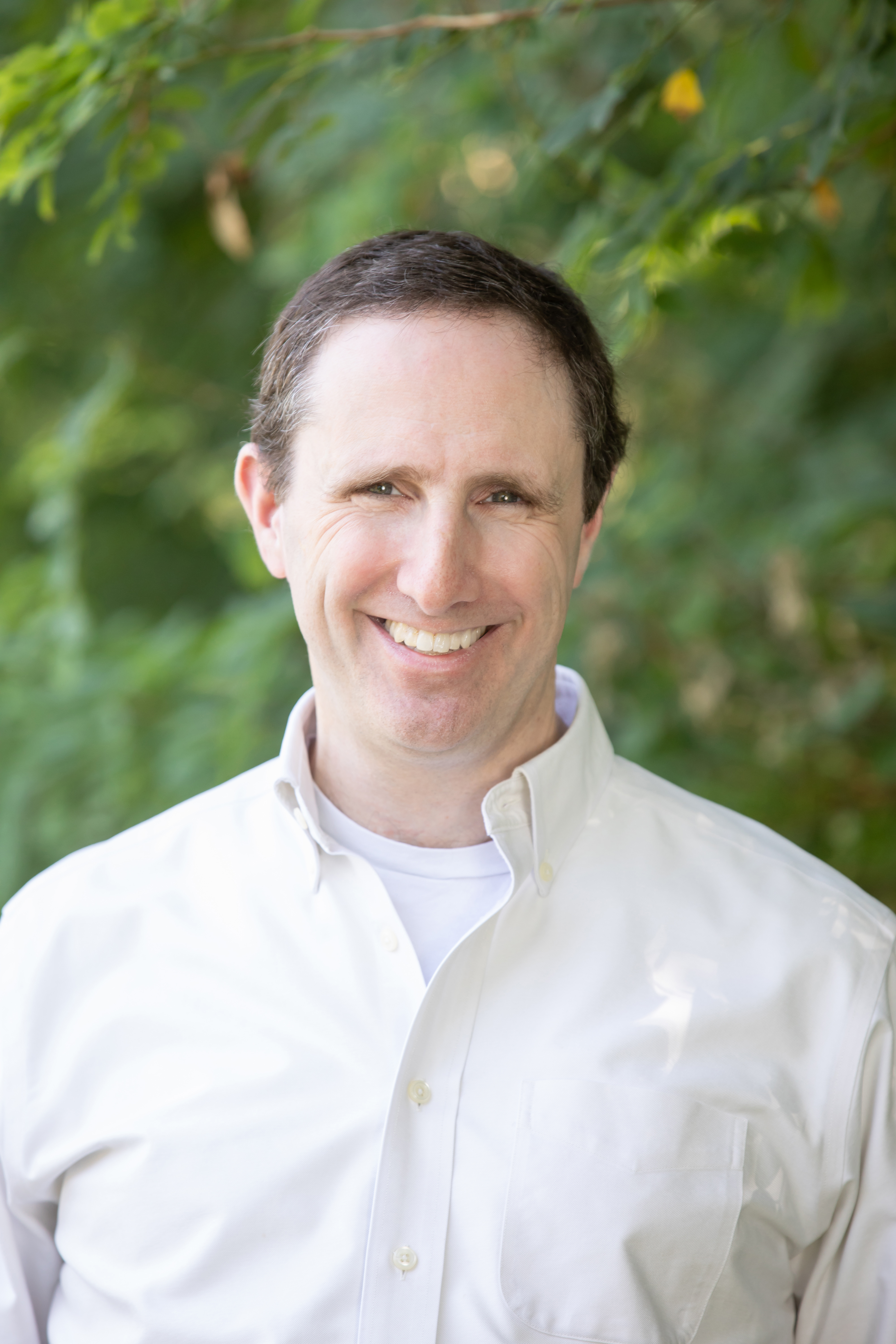As an adult living with a late autism spectrum diagnosis, I have come to view my life up to now as embodying three phases: partially informed, enlightened, and paying it forward.
I refer to the first stage of my life as “partially informed” because I was aware of my learning disability but not of my spectrum profile. Better one than none, though the missing puzzle piece did not help matters. While living for 40 years in a partially informed state of mind, the degree of self-unawareness, compromised self-esteem, and all of the unanswered questions as to why I faced the challenges and adversity that I did arguably left me in a fog. I had no idea that I was as unaware as I actually was. I did not understand the meaning of self-esteem, much less understand that my own was not far from hitting rock bottom.
What I did know and understand was that I was labeled “learning-disabled,” that I was different in this respect from just about all of my peers, that I needed special education whereas most of my classmates did not, that I was a sitting duck with respect to bullying, and that I had to fight to eradicate the learning disability because of the degree to which it was holding me back. Little did I know that fighting the learning disability was hurting rather than helping me in that I was rebelling against a core aspect of who I was. If I knew then what I know now, I would have worked at accepting the learning disability in spite of all of its baggage, as I do today. Doing so would have helped build self-esteem.
Moving Towards Enlightenment
Why did making friends feel like such a chore? Why was I just about always falling short of the expectations I held for myself? Why was I rarely able to make it past the first or second date? Why did I find it next to impossible to socialize among groups of people? Why was I diagnosed with a learning disability considering that I always did well in school? These were among the many questions that did not
get fully answered until after I was diagnosed with Asperger’s.
I think of my autism spectrum diagnosis as being the starting point of the “enlightened” phase of my life because the emergence of that missing puzzle piece incentivized me to address these long-standing questions which finally led to answers and consequently to a sizable increase in what I knew about myself. Greater self-knowledge is a wonderful thing to uncover, even if some of what you have learned is difficult to come to terms with.
I also found myself working towards greater self-acceptance in that I had discovered something challenging about myself on which I knew I had to work hard at accepting. With help from a few clinicians, I achieved my goal, and then some, whereby I was ultimately able to not merely accept but actually embrace my newfound profile. Not an easy endeavor by any means, but I managed to get it done because I understood what was at stake if I didn’t. Self-acceptance is essential to building self-esteem in that if you cannot accept who you are, how can you possibly learn to love who you are? And if you are unable to learn how to love yourself, how can you attain true happiness?
From Loss to Leading the Way
In 2016, my mother passed away, and my father, a year later. My efforts at diminishing many of the challenges I have confronted, at figuring out how to compensate for other challenges, and at learning how to accept and love who I am would not have been as successful had it not been for all of the love and support both of them gave me. The paying it forward phase of my life began after I lost my mother when it dawned on me that I could no longer pay her back for all she had done for me. Instead, I would “pay it forward” by sharing with others what I have learned about attaining happiness and success in the face of seemingly insurmountable odds. To this day, I do so to honor my parents’ collective legacy of giving so much of themselves for the betterment of others.
It’s all about how you choose to look at things. A late autism spectrum diagnosis can be viewed as an unwelcome revelation which serves only to complicate life or as a door opener for greater self-knowledge and personal growth. It can be used to answer questions about yourself that for too long eluded satisfactory explanation, or not. It can send you downward into the depths of despair and self-loathing if you allow it to, or it could be a call to action to seek help for your challenges and work towards greater self-acceptance, self-esteem, and happiness.
If you are facing a late autism diagnosis, how will you choose to look at it?


